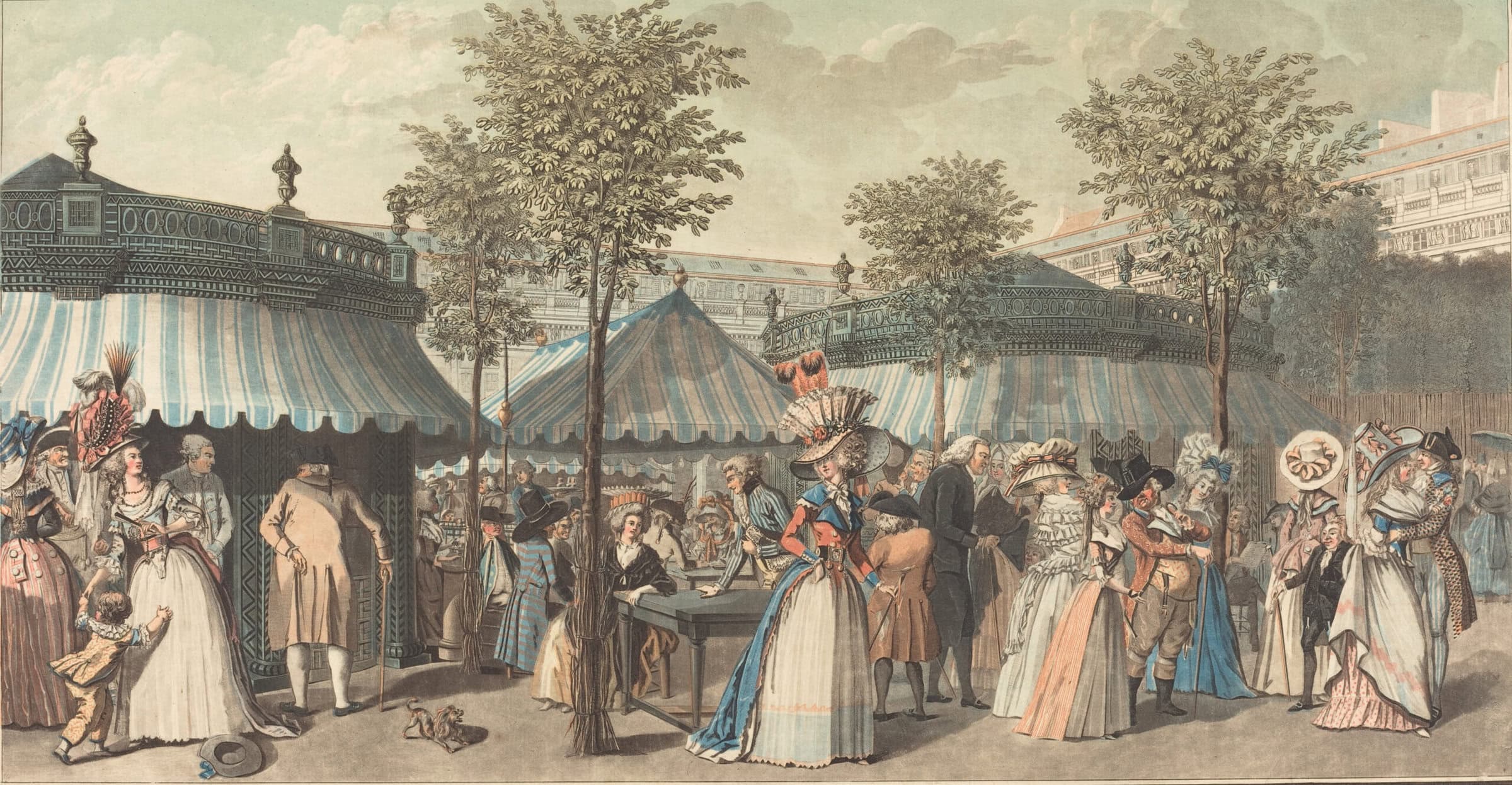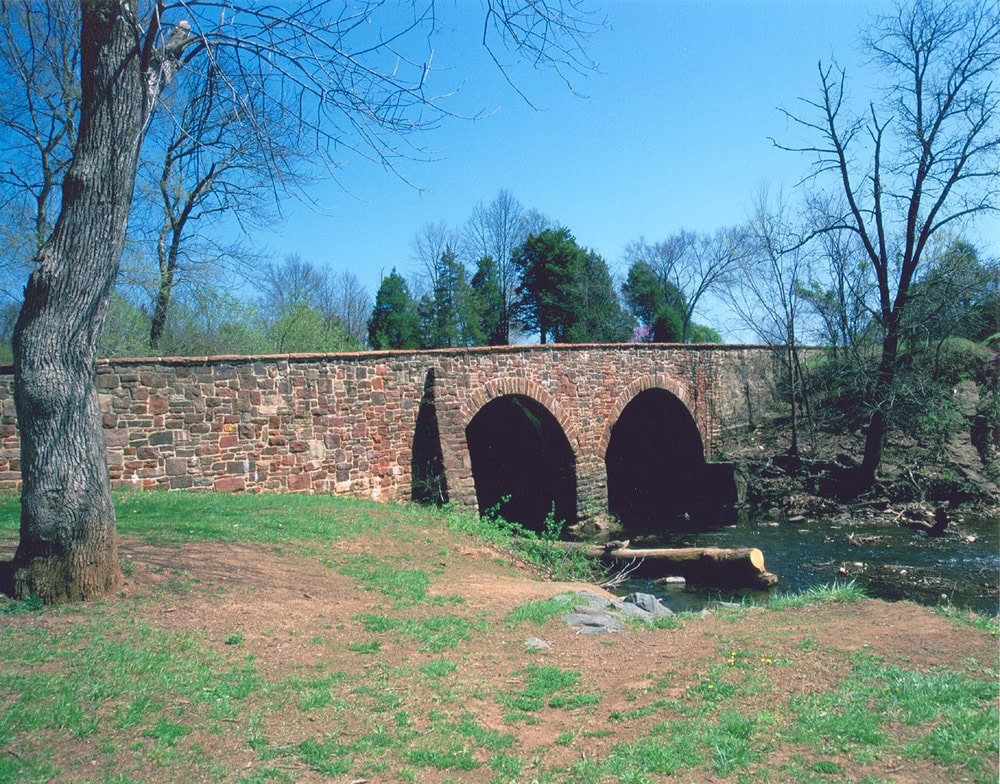Sports are for scholars. Just recently, the Chronicle of Higher Education (October 7, 1987) carried a story on Yale University’s new interim athletic director. It seems that Yale has appointed a classical scholar, Professor Donald Kagan, to the position. Could this be even additional evidence that the twain—sports and academics—may finally be meeting?
There is further evidence that sports are becoming the research ground for scholars—sports historians. With the steadily increasing influence of sports finally reaching almost all of society, sports are now being taken seriously by historians (and scholars in other disciplines) all over the world. Since the late 1960s, interest in the history of sports has grown geometrically. Before the 1960s, there were scattered instances of sports scholars in various countries. Joseph Strutt in eighteenth-century England; Johan Huizinga and Carl Diem in the first half of this century; and others.
However, since the late 1960s, the scholarly study of sports has mushroomed into an international network of scholars and organizations. Journals have appeared almost overnight to publish the latest research on the subjects of ancient, medieval, and modern sports. Historians, physical educators, literary scholars, anthropologists, sociologists, and others have applied the approaches of their disciplines to a better understanding of sports in societies.
Is the study of sports just a passing fancy, and will it go the way of several other scholarly fads? If journals devoted to the publication of the latest information, a growing number of scholars interested in the subject, and international organizations spearheading an interest in sports studies are evidence, then it appears that sports history (and other sports studies) will be around for a long time. Several journals of sport have been published in the past two decades. The Journal of Sports History, published by the North American Society for Sports History, has carried some of the most seminal articles of this developing subdiscipline of social history. The Canadian Journal of History of Sport, the British Journal of Sports History, Stadion (West Germany), and Sporting Traditions (Australia) have also been pioneers in the field of sports studies. Arete, published by the Sports Literature Association, has featured articles that focus on sports literature.
The past two decades have also witnessed the founding and flourishing of national and international organizations devoted to sports studies. Among these are the North American Society for Sports History, the British Society for Sports History, and the International Association for the History of Physical Education and Sport. With annual or biennial meetings, these organizations have brought together sports scholars fr6m Tacoma to Tokyo to present their findings.
The latest edition of the North American Society for Sports History’s directory lists sports historians from over forty of the United States and from nine foreign countries. The list includes professors from universities and colleges and those outside of academia who are affiliated with sports history. A majority of the scholars listed in the directory reported that they teach one or more classes on sports history. For example, Professor Richard C. Crepeau of the University of Central Florida’s history department related that he teaches a course in the History of Sport in America. Professor Arnd Krueger of the Institut für Sportwissenschaften at the University of Goettingen (West Germany) reported that he teaches courses entitled Sport and Politics and Modern European Sports History. Professor Thomas B. Littlewood, head of the Journalism Department at the University of Illinois at Urbana-Champaign, teaches a course entitled The Evolution of Sports Journalism. Dong-Soub Oh, professor in the department of physical education at Kyung-Buk National University in Seoul, Korea teaches both courses in the history of Korean sports and physical education as well as a course in physical education and sports in the ancient world. Wolfgang Decker of the Institut für Sportgeschichte at the University of Cologne reported that he teaches a course in Sport in Pharaonic Egypt as well as courses in Greek and Roman sports.
The present writer teaches a course entitled “A History of Sports in Western Society” that regularly attracts sixty students per semester (and there are two other sections taught by other colleagues in the department). If each scholar who teaches a course in sports history throughout the world consistently gets approximately fifty to sixty students each semester, then sports history’s time has surely come.
John Marshall Carter is with the history department at East Carolina University.


